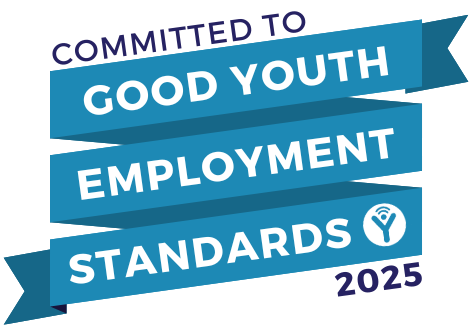Green skills expert Jude Knight has joined Cogent Skills as the organisation’s new Low Carbon Strategic Skills Lead, bringing her experience to help the organisation drive forward the green skills agenda.
Kate Hutchins
The UK chemicals sector is a key enabler for achieving Net-Zero. The sector provides many of the
technologies needed to transition
to a low carbon economy, and our highlyskilled, technically advanced workforce can play a leading role in the charge for industrial decarbonisation.
A new apprenticeship for Process Industry Manufacturing Technicians and an updated standard for Science Manufacturing Technicians have been approved, following extensive development and design work by a trailblazer group of industry professionals and facilitated by Cogent Skills.
New report celebrates success and identifies opportunities for further progress.
Gemma Scotney has been named the Science Industry Ambassador of the Year at a ceremony in London.
The Chancellor of the Exchequer, Jeremy Hunt, delivered his Autumn Statement this week. Below is a summary of the key announcements concerning our sectors.
The funding uplift for functional skills – announced in the Prime Minister's speech at the Conservative party conference – will take effect from January 2024, the government has confirmed.
Leading pharmaceutical company Pfizer has developed a suite of educational materials to engage school students in science, technology, engineering and maths (STEM) subjects.
As the 2023 party conference season draws to a close, we’re taking a look at the policies and proposals on skills and education from the Conservatives, Labour and the Liberal Democrats. These policies primarily affect the systems in England.
Here’s part two of our guide to ten science influencers to follow on social media.
The SIP Careers Taskforce is a group of early career professionals from diverse backgrounds who share a passion for science-based careers.
Since the invasion of Ukraine in February 2022, the war has caused extensive damage to much of the country’s civilian infrastructure and many industrial sites, further increasing potential hazards to people working across a range of sectors.







